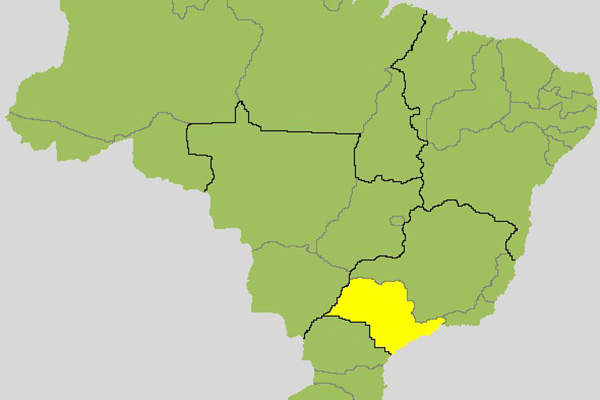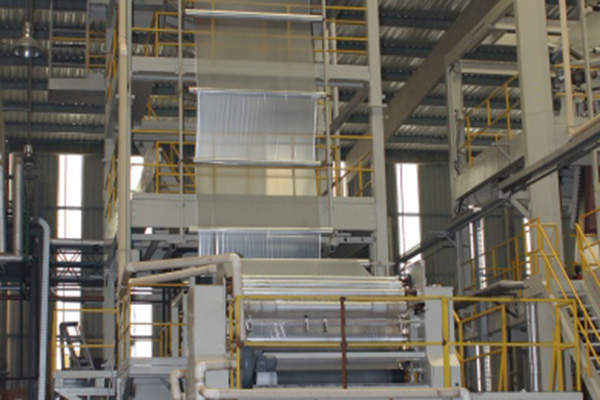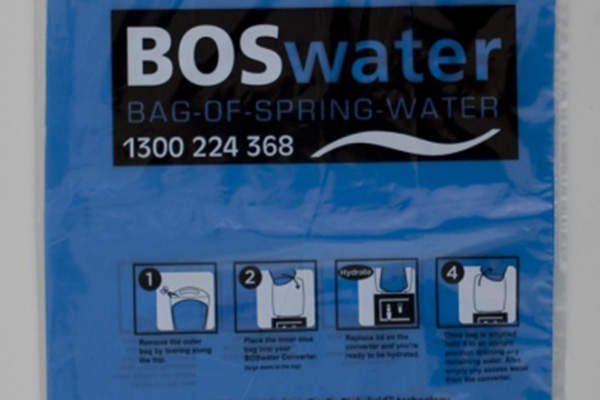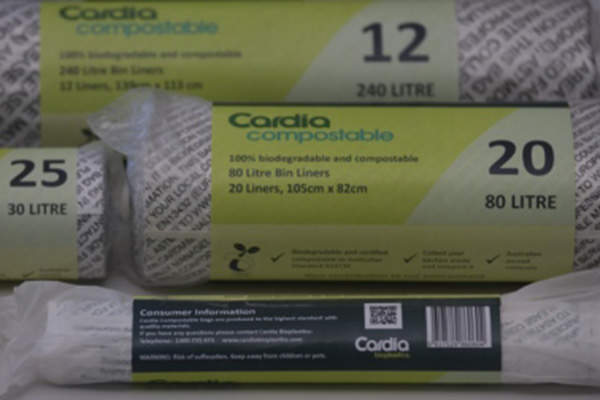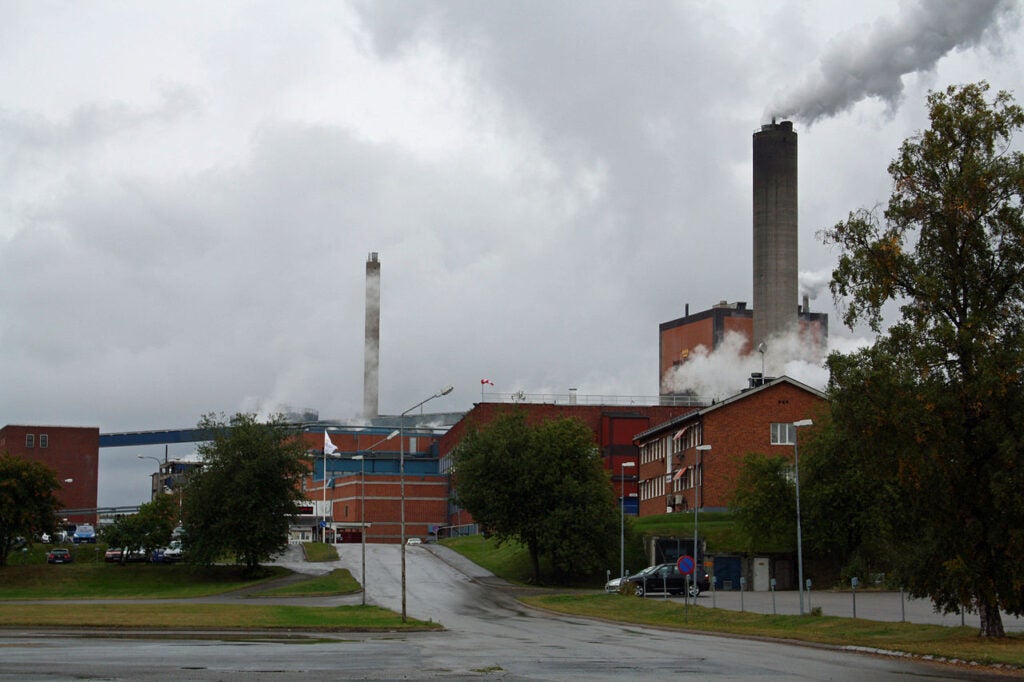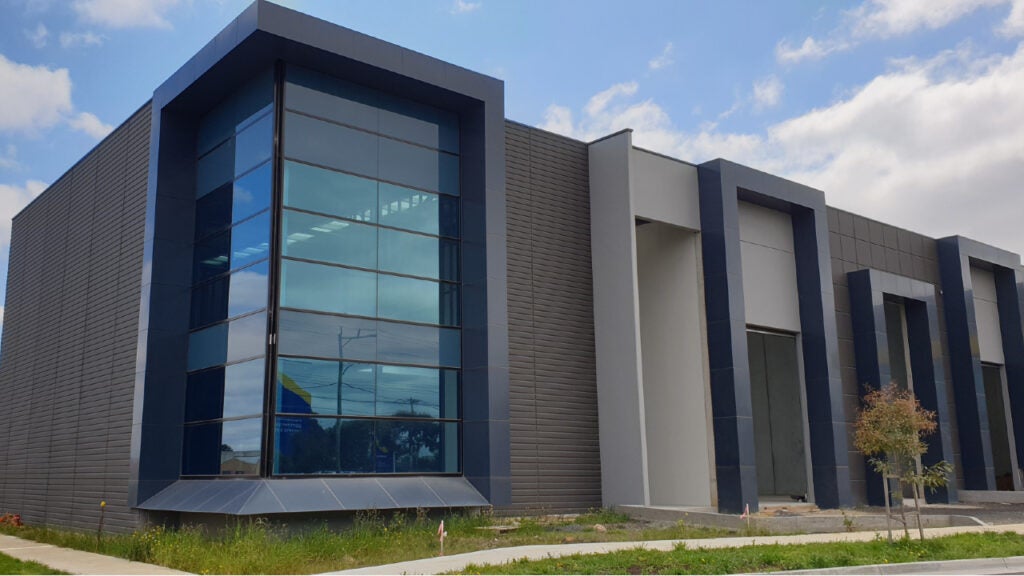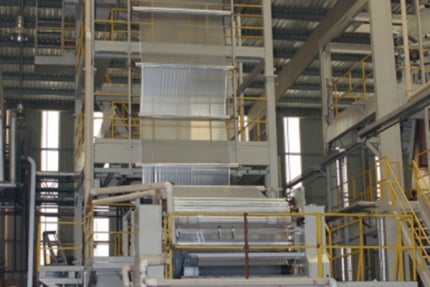
Australia-based sustainable resins manufacturer Cardia Bioplastics announced plans to establish a new plastic film and bag manufacturing plant in São Paulo, Brazil, in August. The new facility, which is leased, is expected to be commissioned for operations in September. The company has taken A$750,000 (approximately $697,253) worth of vendor finance for a one-year period to purchase the production machinery.
Once fully operational, the new Brazilian facility will be capable of producing 500 million retail carry bags per year, which is about four times higher than the current production of the Cardia Bioplastics manufacturing plant in Nanjing, China.
Benefits of Cardia Bioplastics’ Brazilian plant
Related content
Cardia Bioplastics’ Biohybrid bags receive Maldives EPA approval
Cardia Bioplastics has received approval for its biohybrid bags as an eco-friendly product from the Maldives Environmental Protection Agency (EPA).
The new plant will produce innovative Cardia Biohybrid carry bags, which will be supplied to the Brazilian retail market. The company has signed yearly supply contracts with well-known Brazilian retailers such as Ricoy Supermercados and Drogaria Araujo.
Cardia Bioplastics’ bag making capacity in Brazil is less than 1% of the total Brazilian retail carry bag market.
Cardia’s biohybrid plastic films and bags
Cardia Bioplastics blends renewable thermoplastic materials with traditional polyolefins to form its proprietary Cardia Biohybrid category of high-quality resins, benefitting suppliers, distributors, consumers and the environment.
The vertical integration of Cardia Biohybrid resins and Cardia Biohybrid films results in quality products, supply control, improved margins and cost efficiency upholding the company’s global growth strategy.
Cardia Biohybrid resins are colourable and printable and can be used to make films such as shrink wraps, shopping bags and litter bags; injection mouldings such as closures, utensils and pens; blow mouldings such as bottles and containers; extrusions such as thermoformed trays, foam sheet, sheet and profiles, and coatings such as cartons and indoor signage.
Cardia’s resins sustainability features
Cardia Biohybrid resins contain up to 50% sustainable material and have 60% less carbon footprint than conventional petroleum-based polyethylene. The specially engineered thermoplastic starch resins have the same physical properties as filled plastics. These plastics can be recycled in the normal plastic waste stream.
A plastic film extruded with 10%-20% of Cardia Biohybrid resin has similar properties to that of standard plastics. But, a plastic film extruded with 70% of Cardia Biohybrid resin has slightly lower mechanical properties, compared to a film made from standard polyethylene resins.
Cardia Biohybrid bags are environmentally-friendly, use less oil and are free from any heavy metal, hence preferred by consumers, retailers, brand owners, municipals and governments.
History of Cardia Bioplastics
Cardia Bioplastics, which has offices in the USA, Brazil, Malaysia and China, is headquartered in Melbourne, Australia, where it also has a Global Applications Development Centre. Cardia Bioplastics also has a Product Development Centre and manufacturing plant in Nanjing, China.
The company develops and manufactures sustainable resins, films, bags and custom-made products made from renewable resources. Its products are marketed and supplied to packaging and plastic products consumers such as retailers, municipal councils, brand owners and other organisations.

